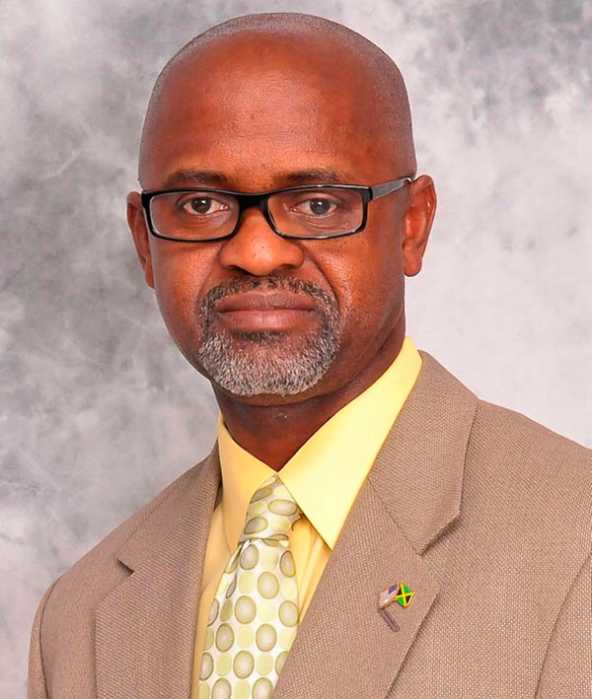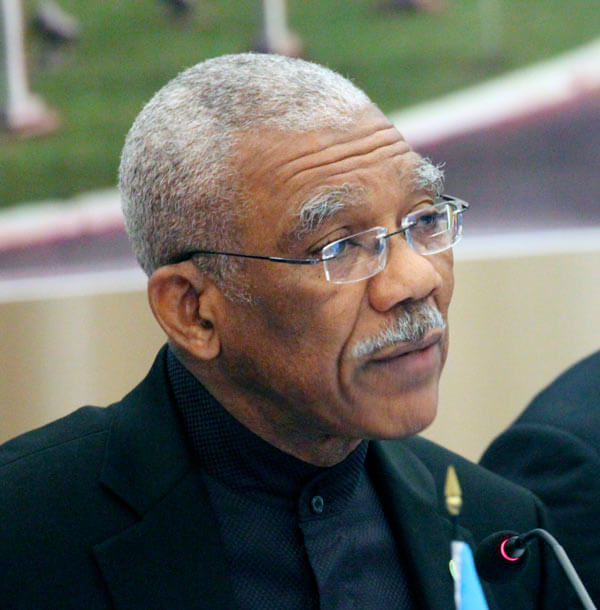One of the oldest United Methodist churches in Brooklyn on Sunday culminated Black History Month celebrations with a grand tribute, dubbed “Heritage Sunday.”
The sanctuary of the century-plus-old Fenimore Street United Methodist Church, at the corner of Fenimore Street and Rodgers Avenue, was adored with Afrocentric colors and fabric during the three-hour-odd Worship Service, while congregants and the church’s choirs, mostly dressed in complementary outfits, sang lustily correlative hymns and Old Negro Spirituals.
Worshippers also heard an introductory message and occasional commentaries by the church’s pastor, the Rev. Dr. Maxine Nixon, an African American.
Guest speaker, the Rev. Dr. Marc L. Jean, the Haitian-born pastor of the Pentecostal Haitian Tabernacle of Brooklyn, brought along his choir, as they participated in the celebration that also featured a Black History tribute by retired U.S. postal worker and member of Fenimore Street United Methodist Church Violet Young, as well as a liturgical dance to “Sarafina” by the youth, choreographed by Barbadian Marriett Mayers.
Young urged parishioners to sign a petition so her great grandmother could be placed, like African American activists, such as the slain Malcolm X, on a Black History commemorative stamp. She said she required 5,000 signatures.
The church’s Chancel Choir rendered a consonant version of the African American anthem “Lift Every Voice,” to rave reviews, and the more up tempore United Voices of Praise uncharacteristically offered solemnly “I will sing Praises unto you.”
Belizean-born saxophonist Earl Henderson played the “Old Rugged Cross,” as the congregation chimed in.
The celebration committee subsequently presented awards to several community activists and stalwart church members, in the Fellowship Hall, in an extended ceremony that included dinner.
“God has set us free,” Rev. Nixon preached from the pulpit. “God has woken us up. Free at last!
“We were all brought here on ships,” she added. “Nobody is better than anybody.”
Using a translator, identified only as Rueben, Rev. Jean traced the struggles and significant contributions of Blacks from pre-Biblical to contemporary times, preaching: “They put us down, but they don’t know who we are.
“Whether you’re from Haiti or Egypt, everybody came to this land by boat,” he preached under the theme, “The Power of God’s Revelation in Praying.”
“You are a great icon,” he added. “You are the icon that creates history. This land is a Black land; our Indians are Black.
“Ninety percent of the things in this world [were] created by Black,” Rev. Jean continued. “The first nation created in the Caribbean was Black [referring to Haiti]. You should be proud of your skin color. You have to be proud today that you’re special.”


























